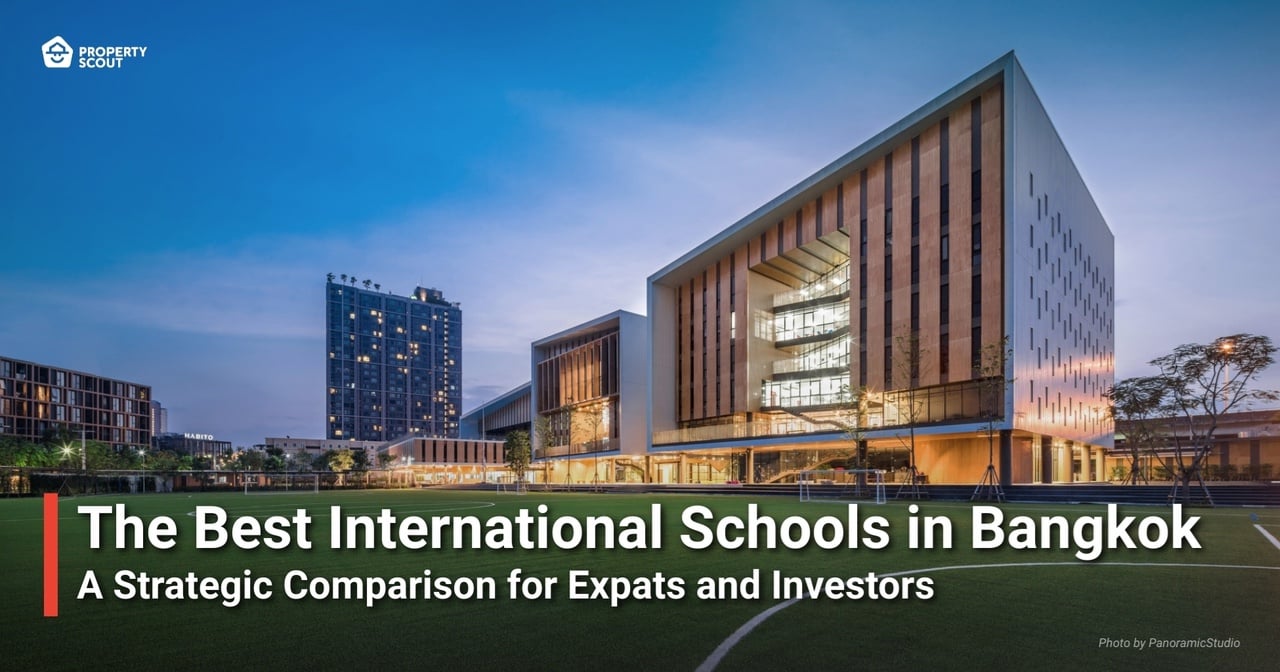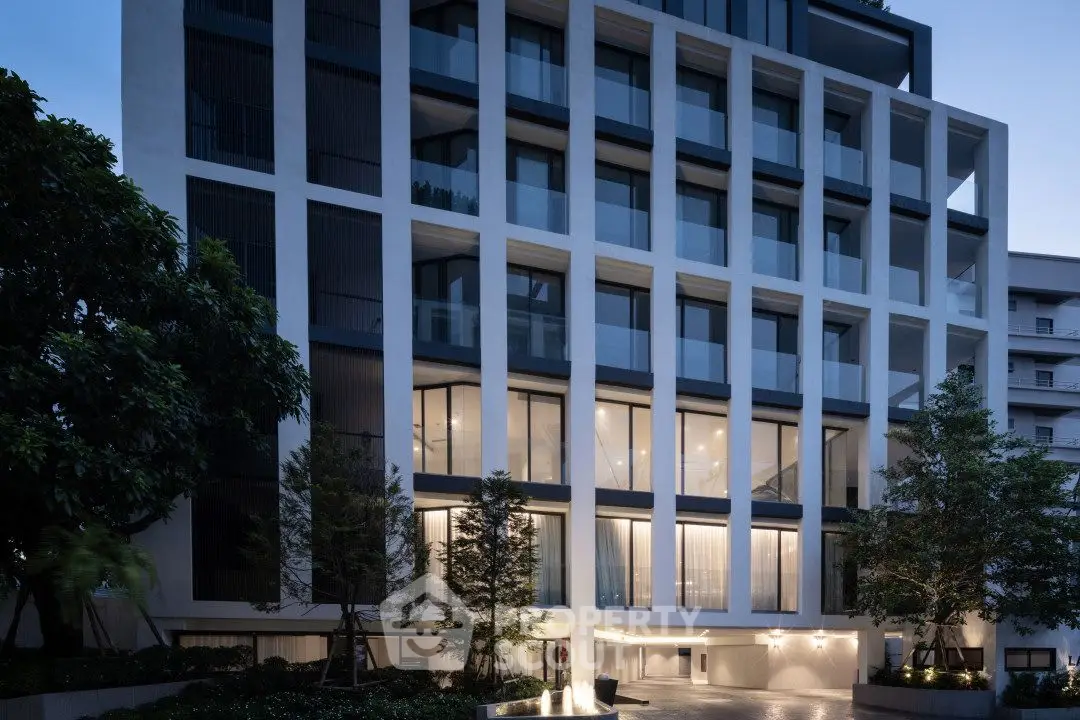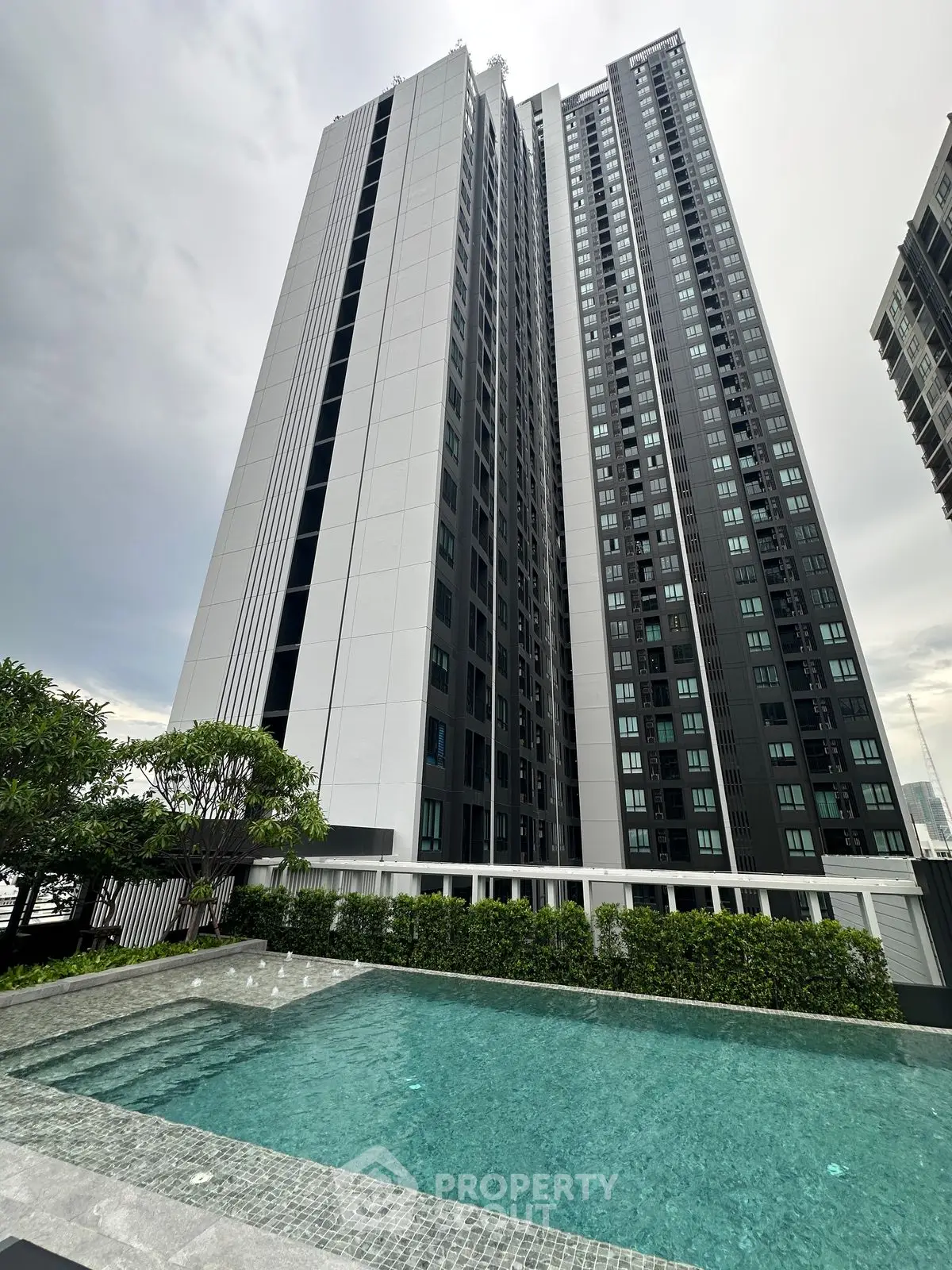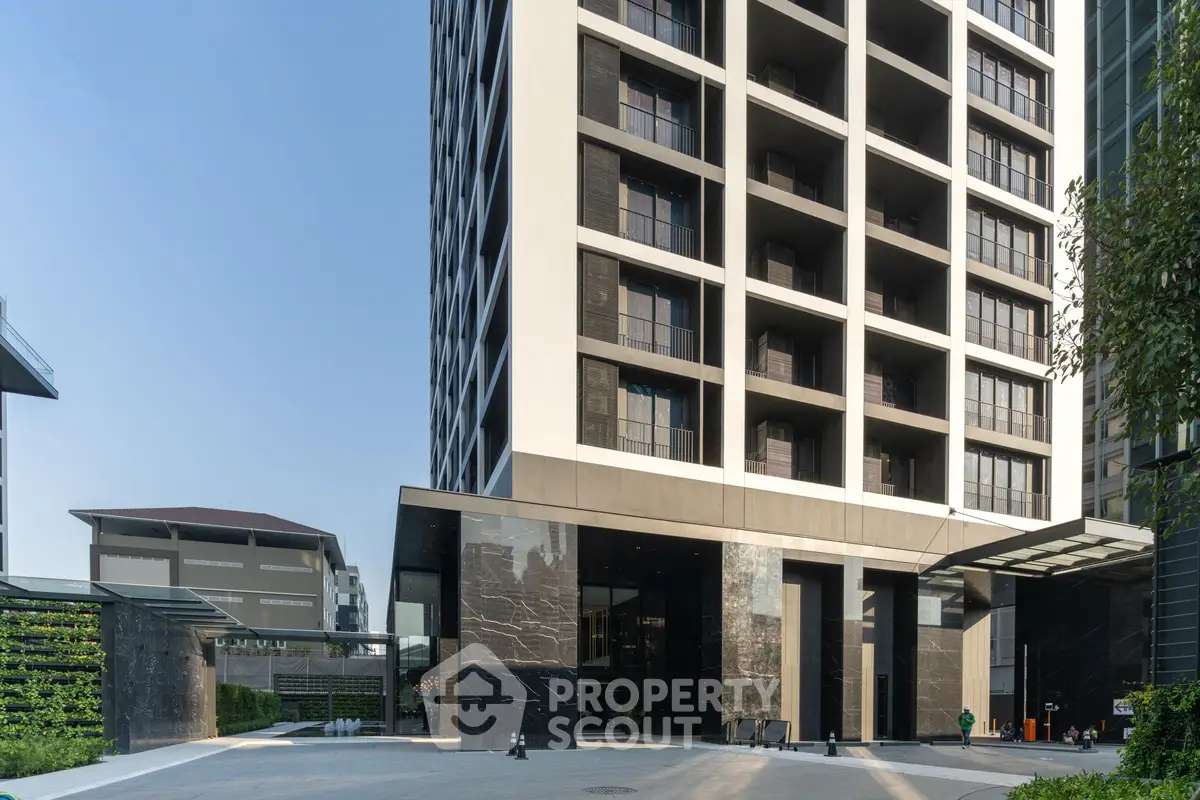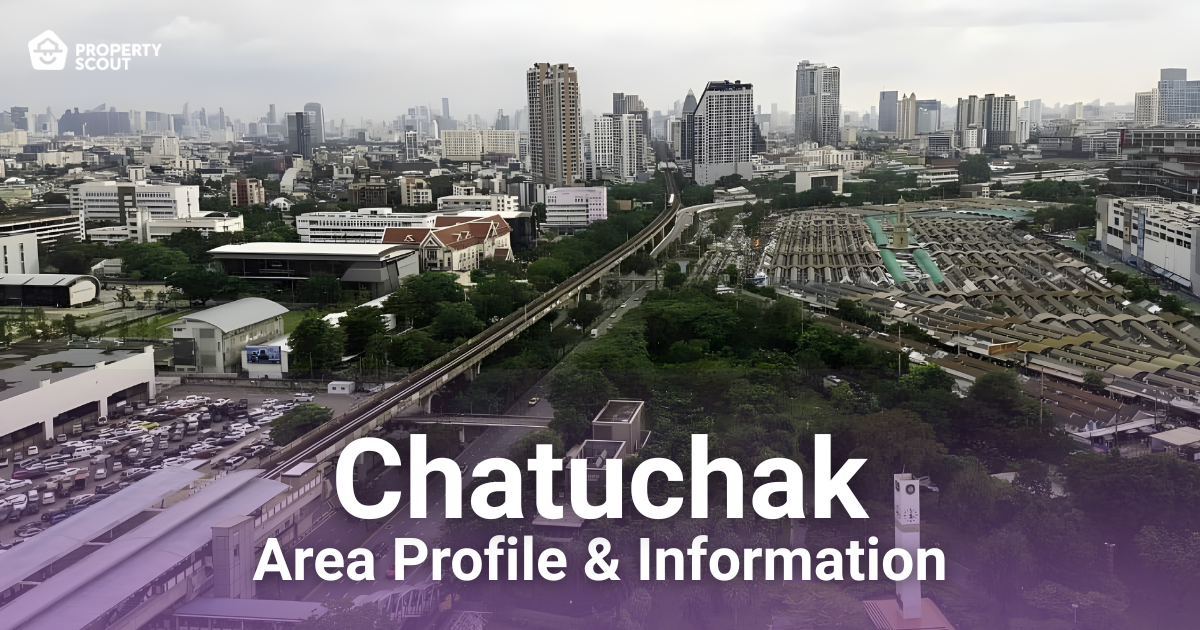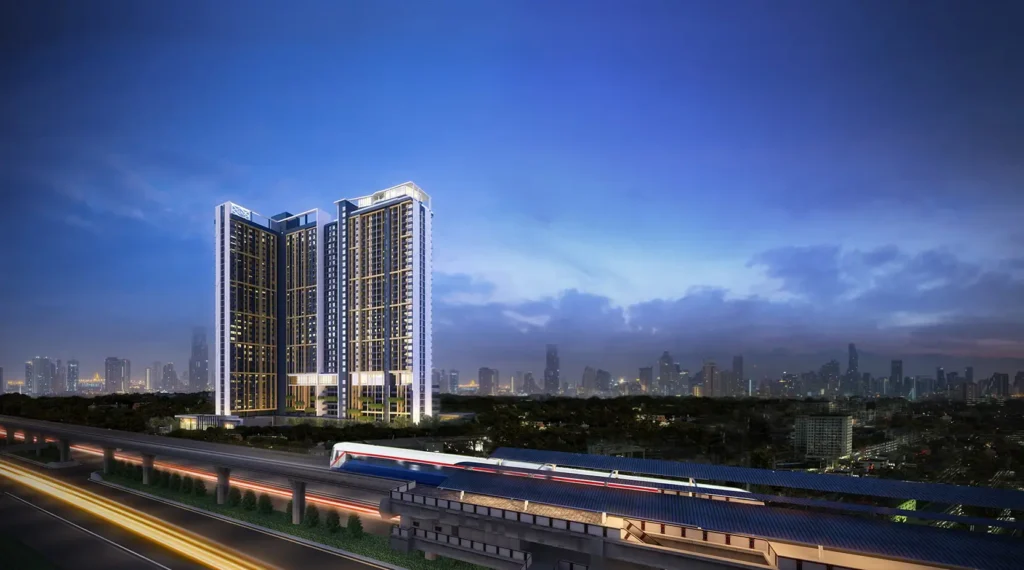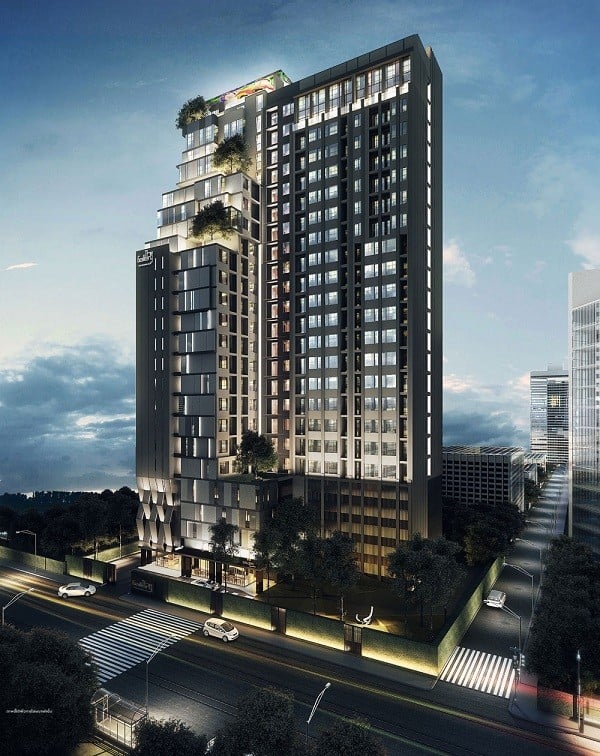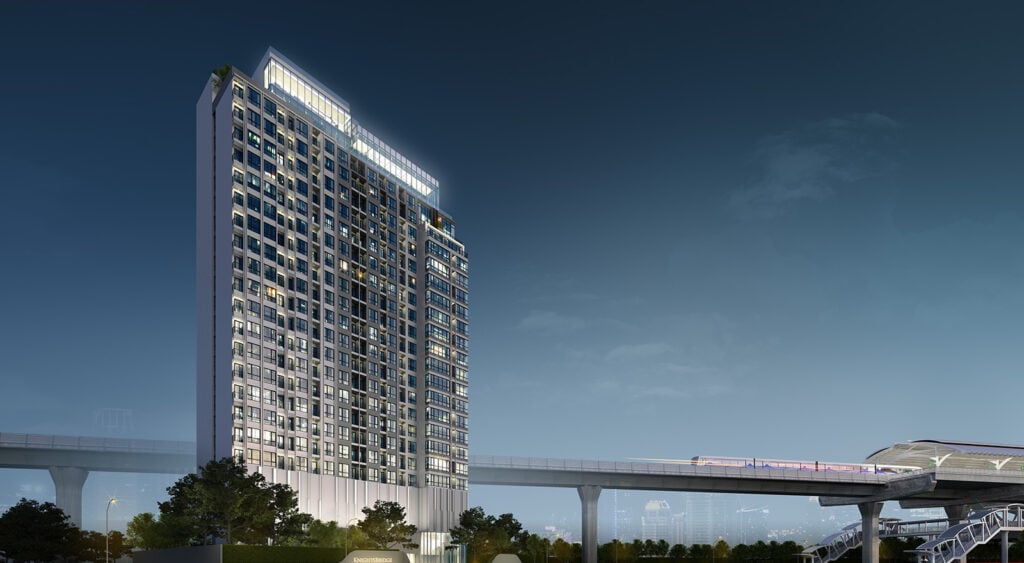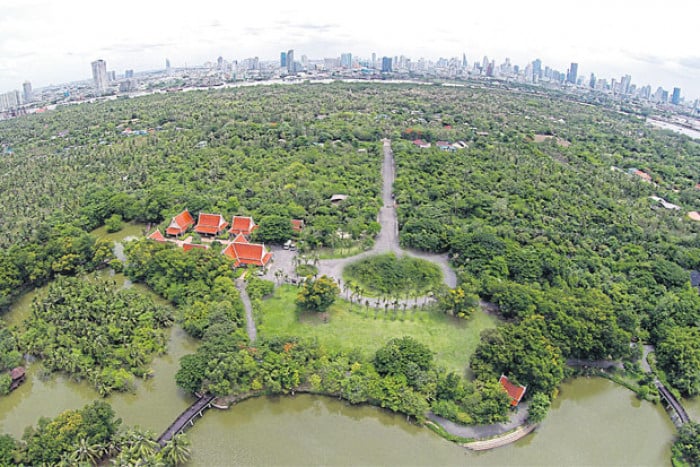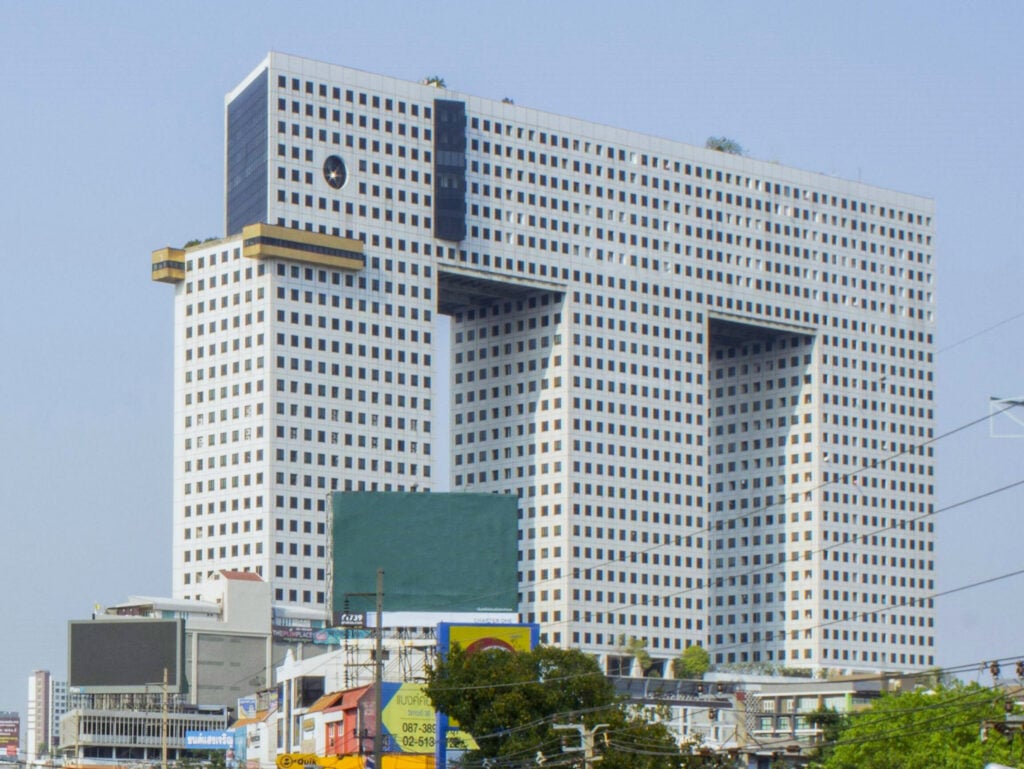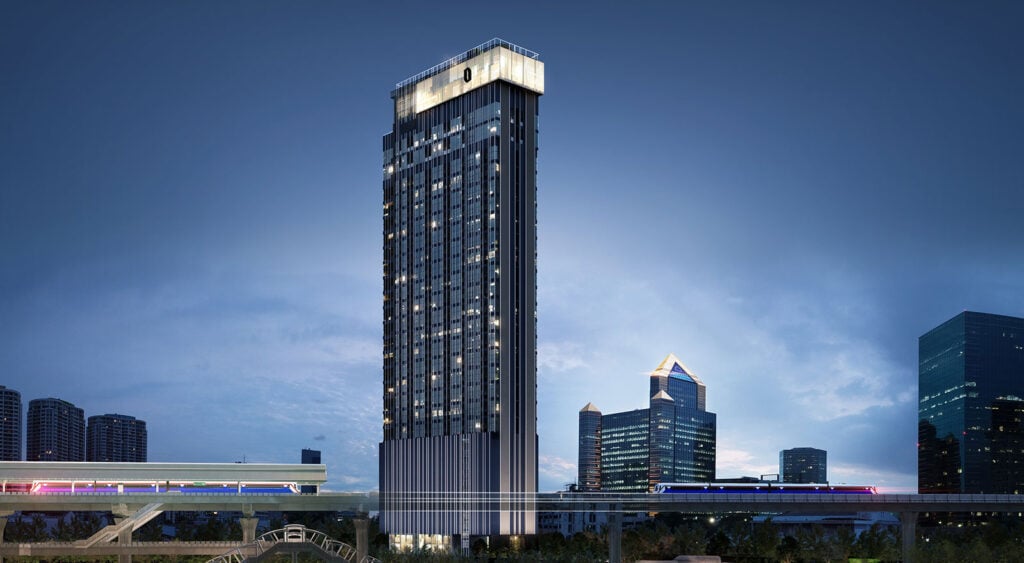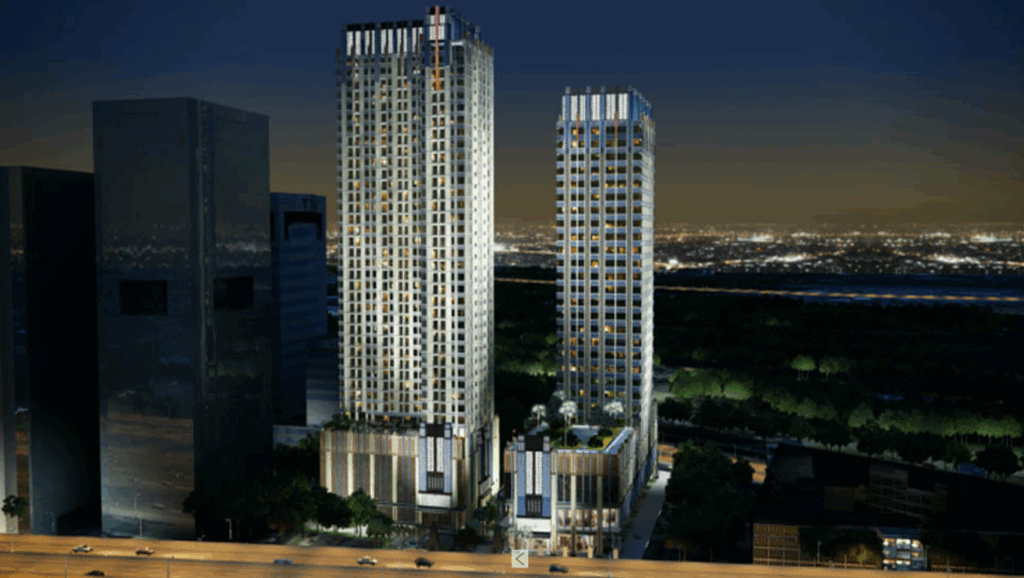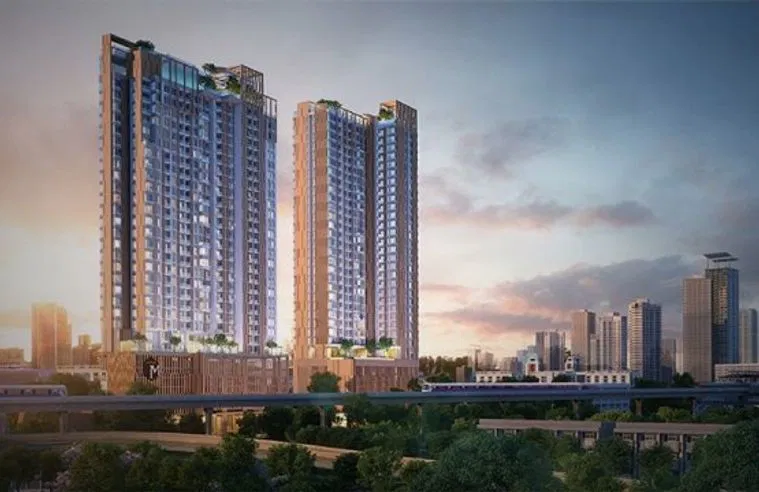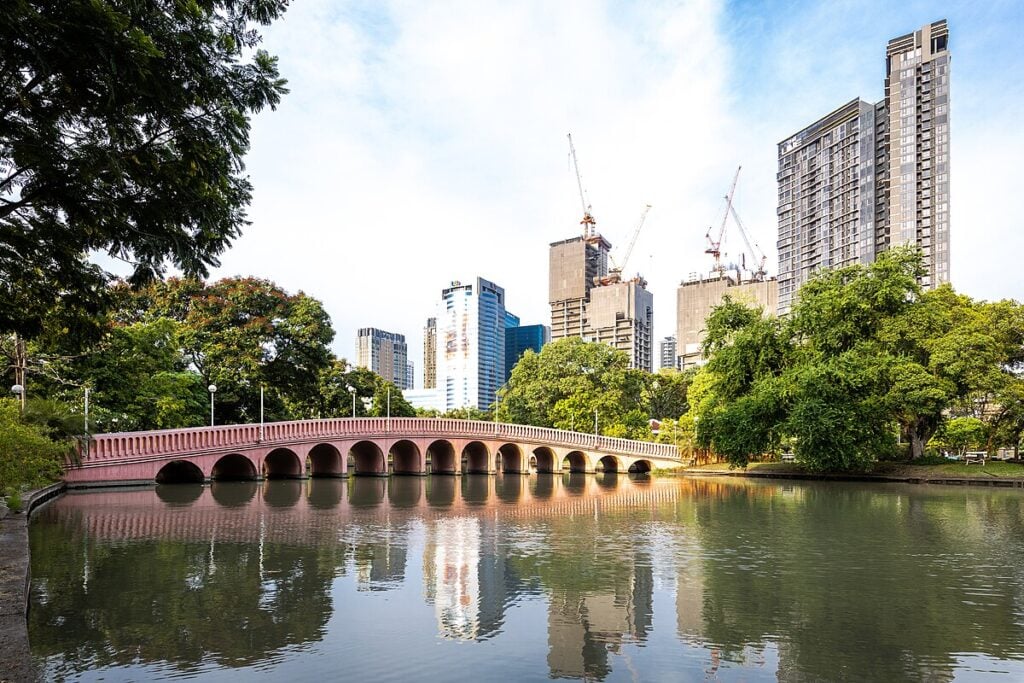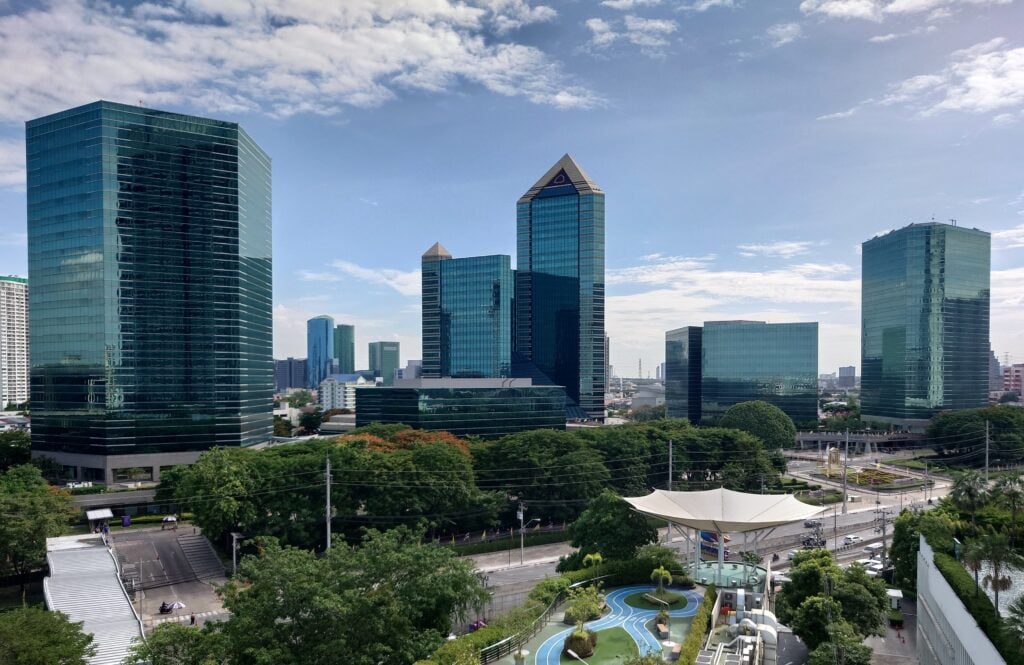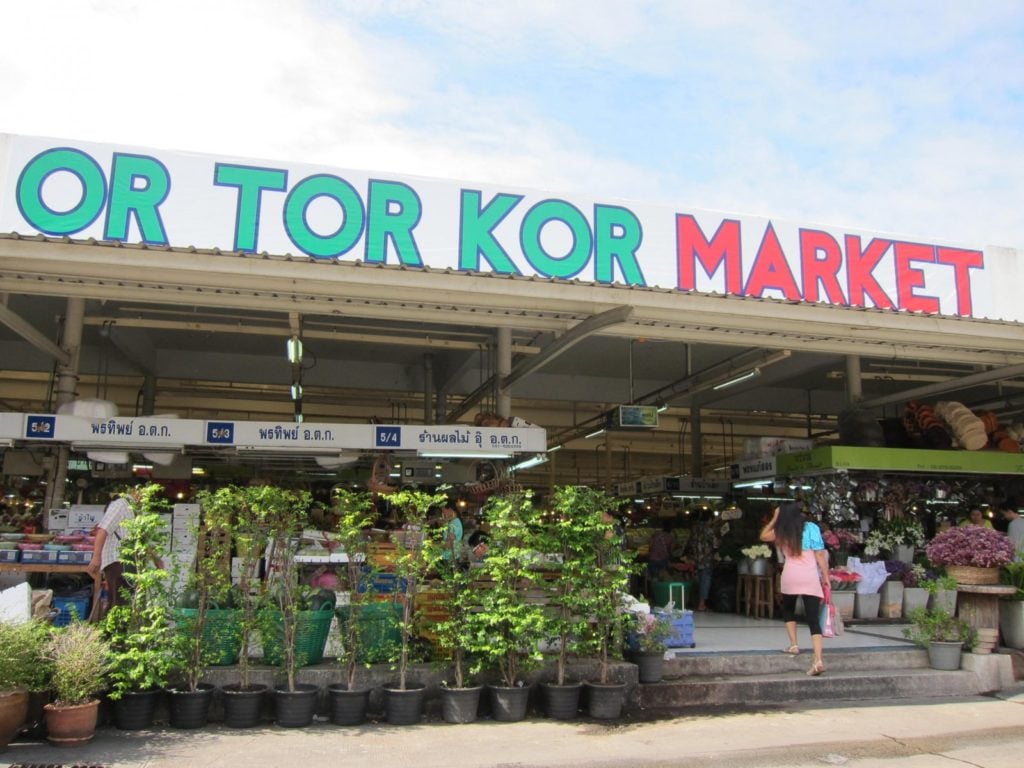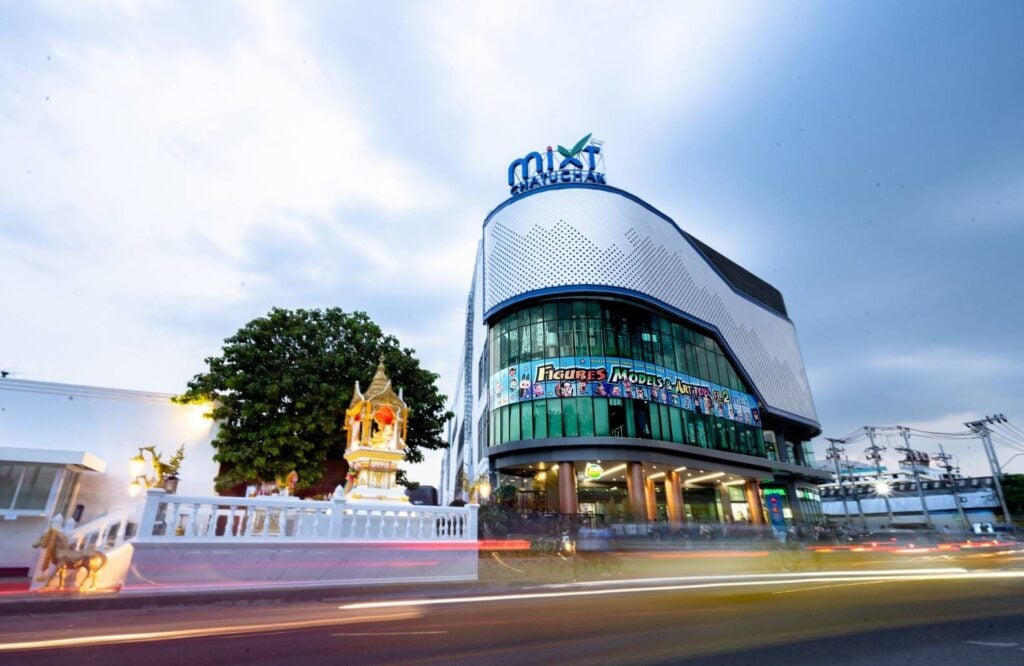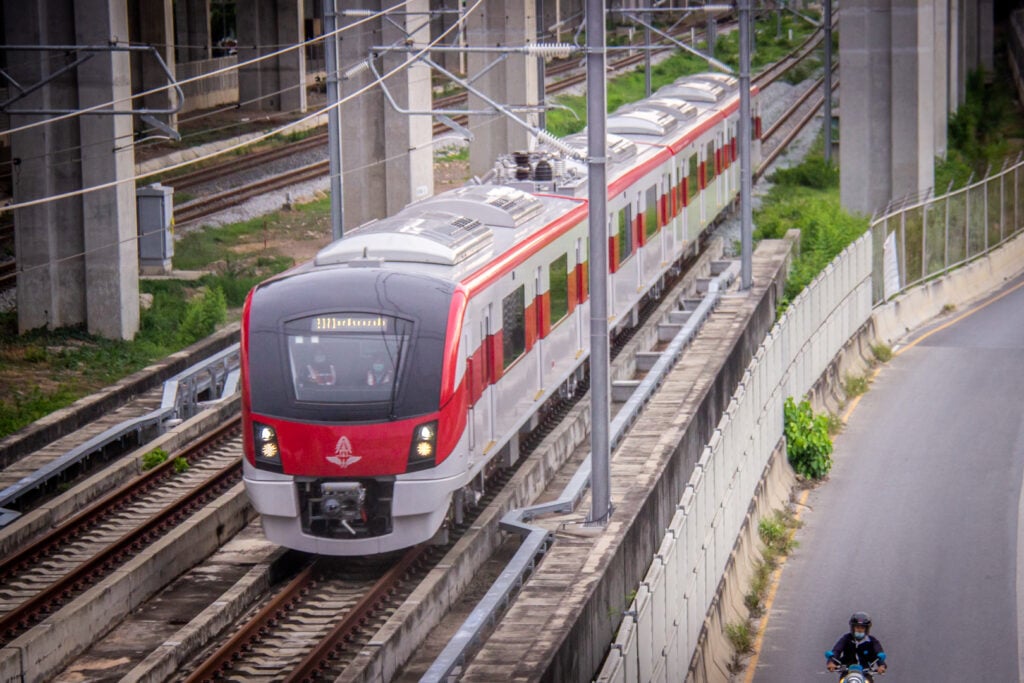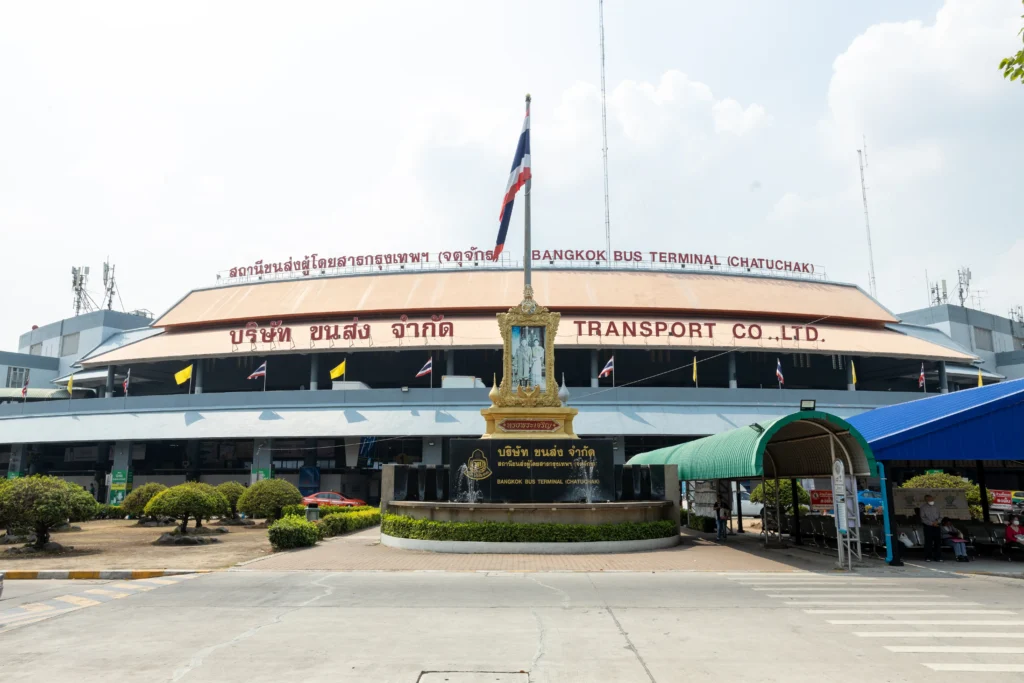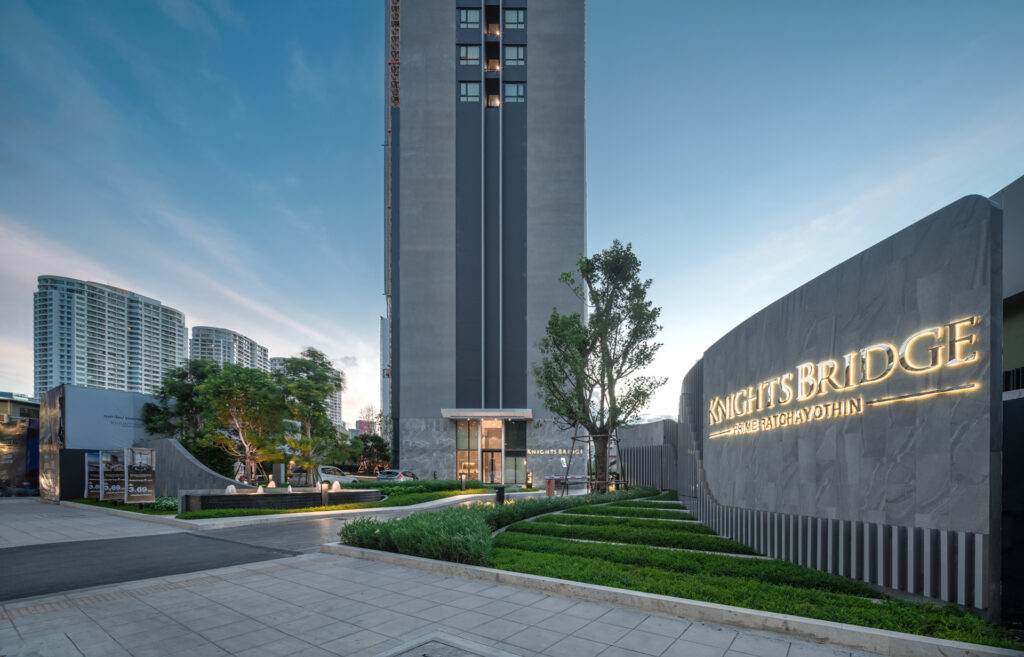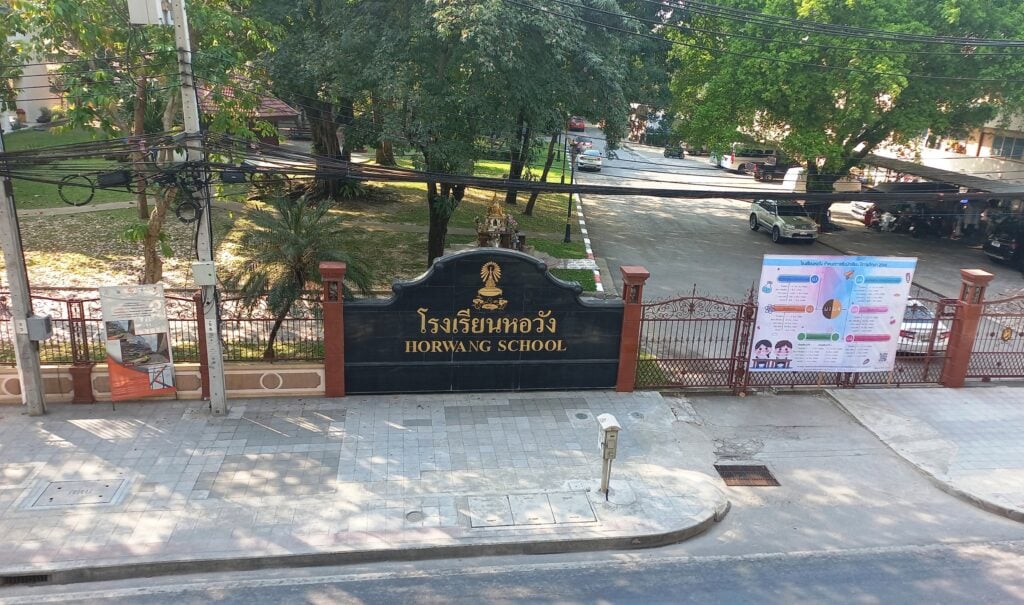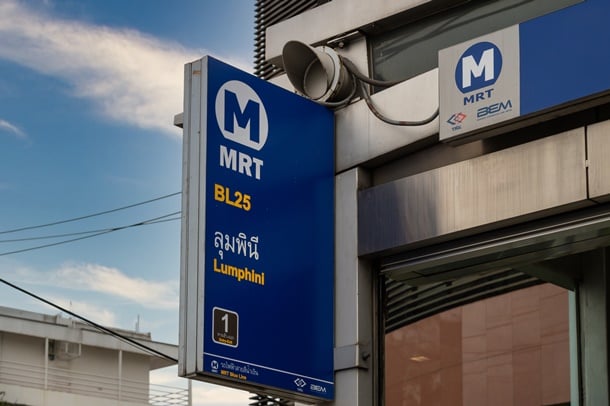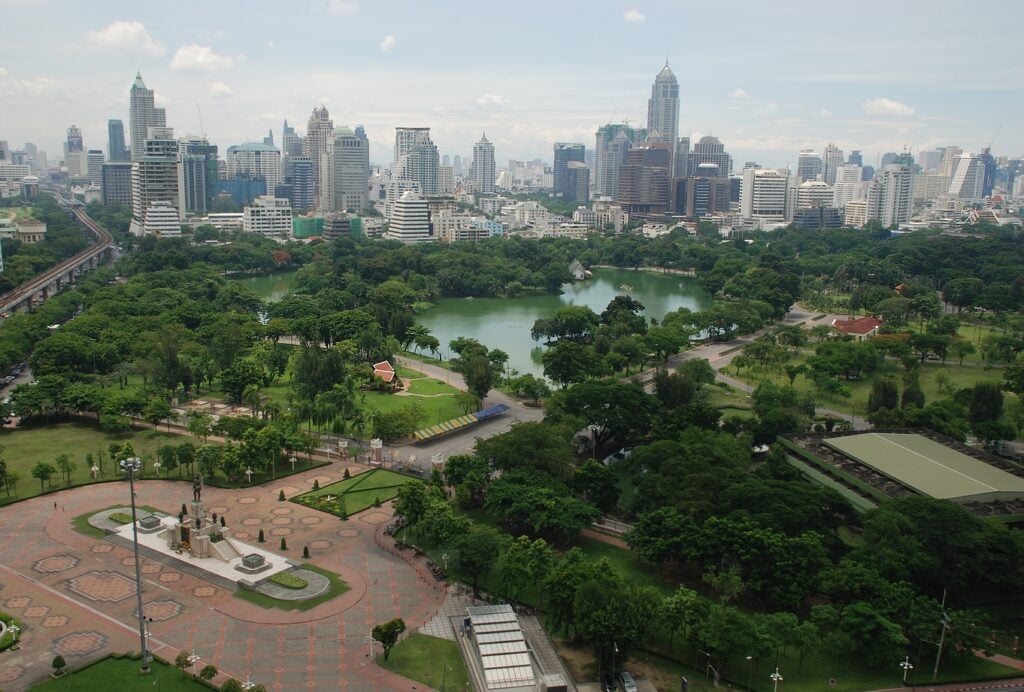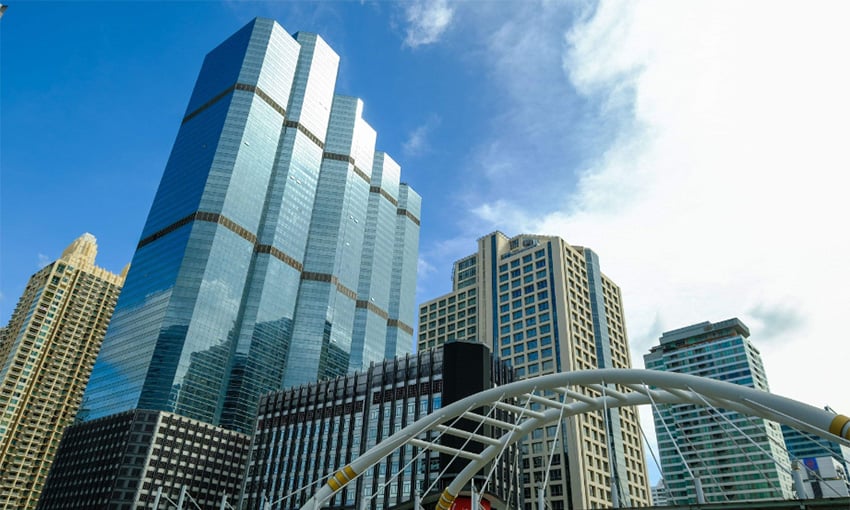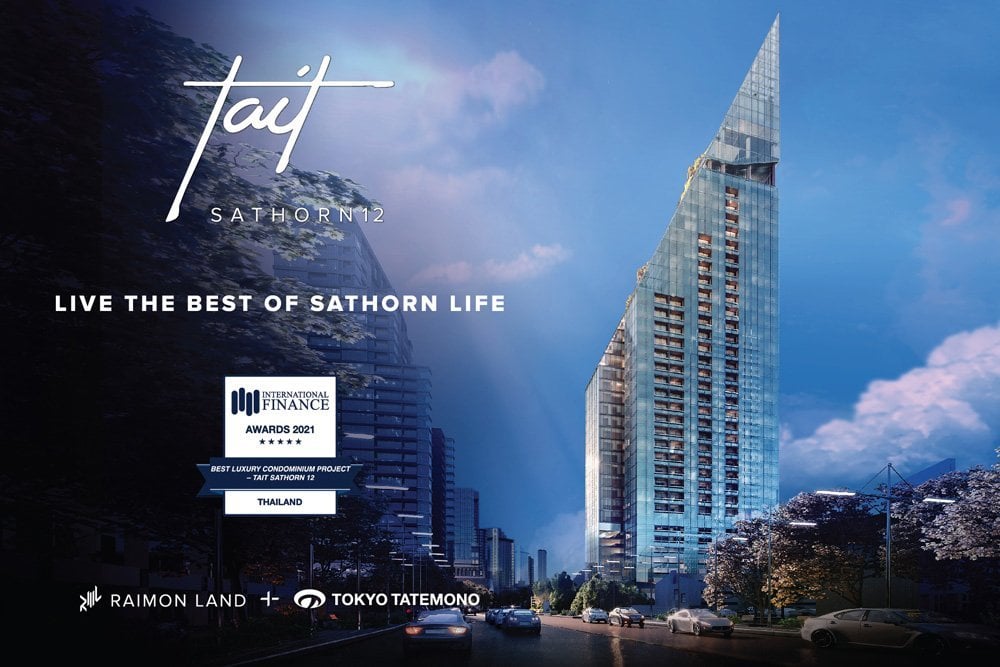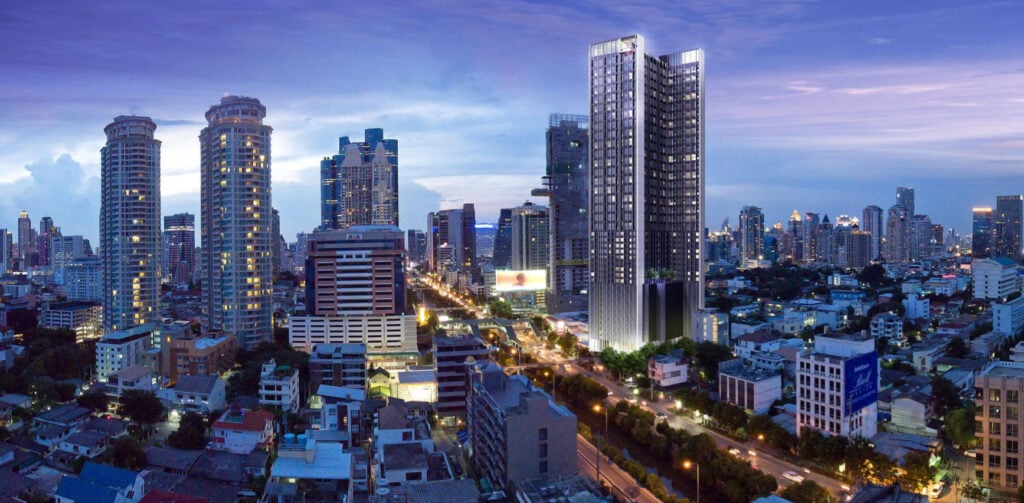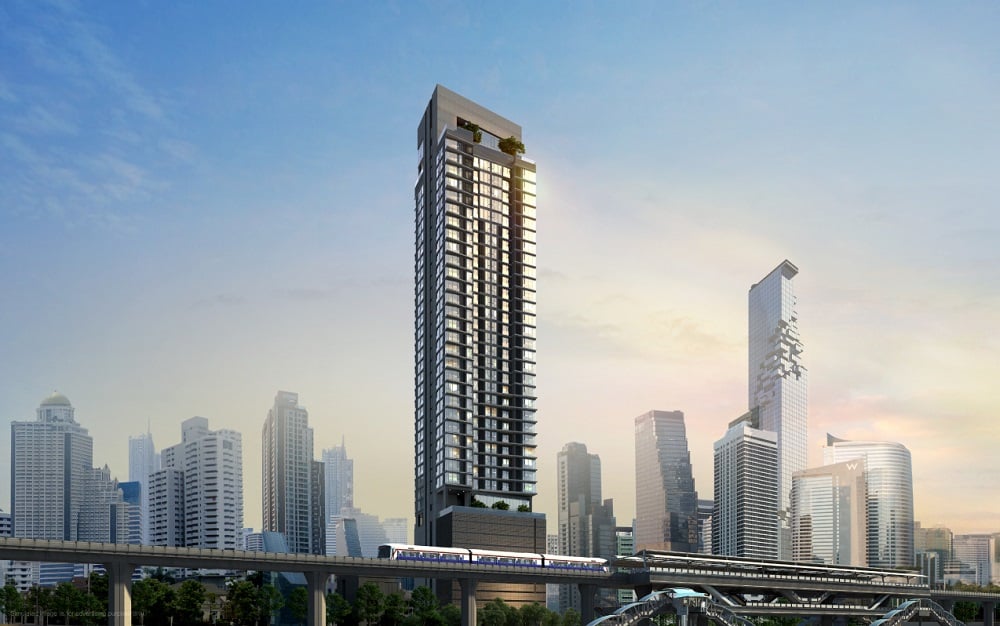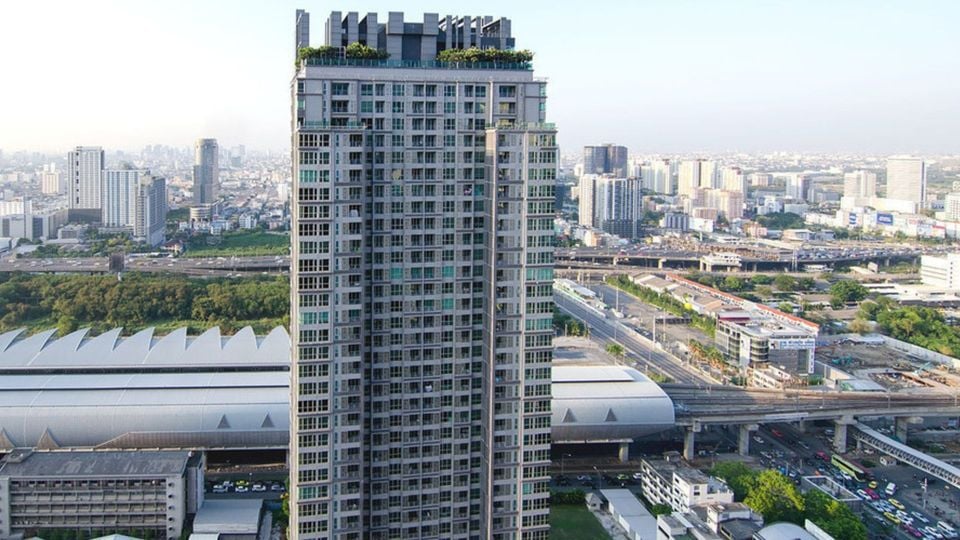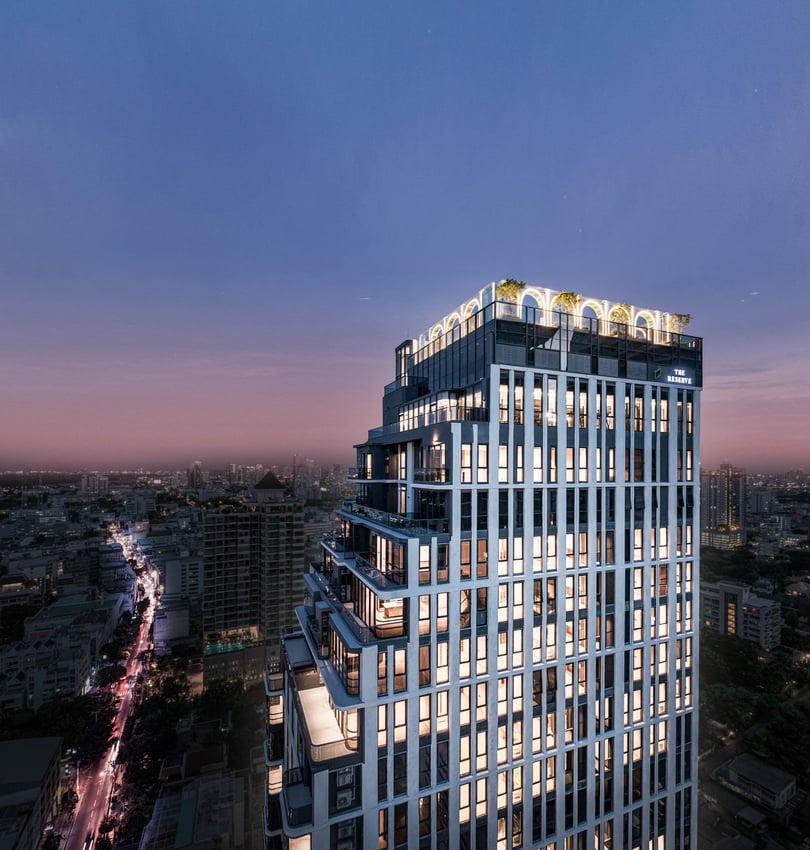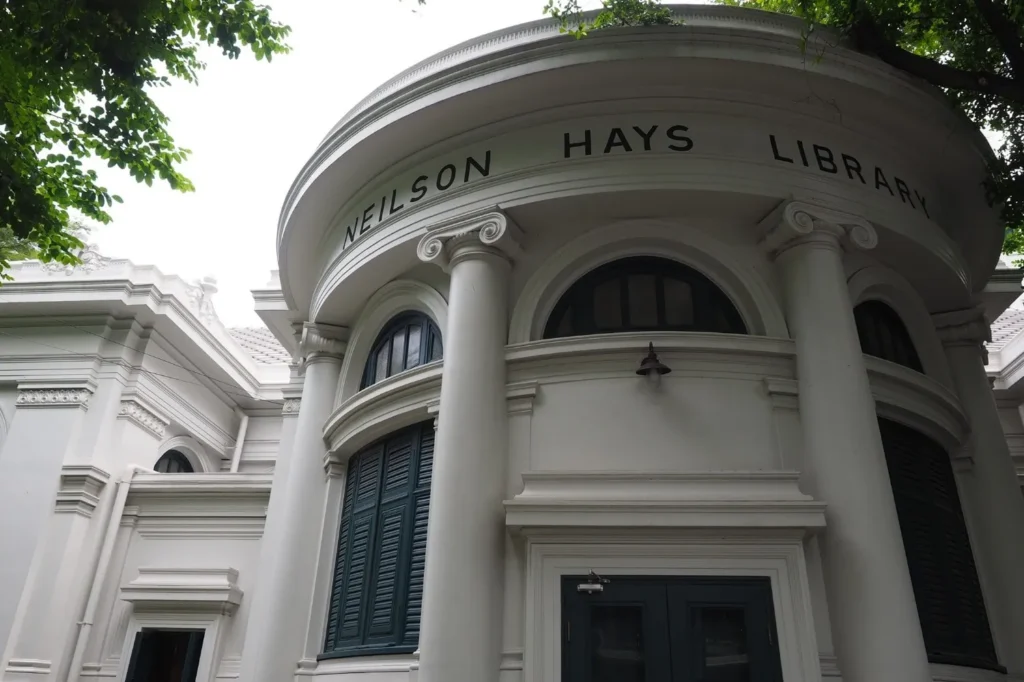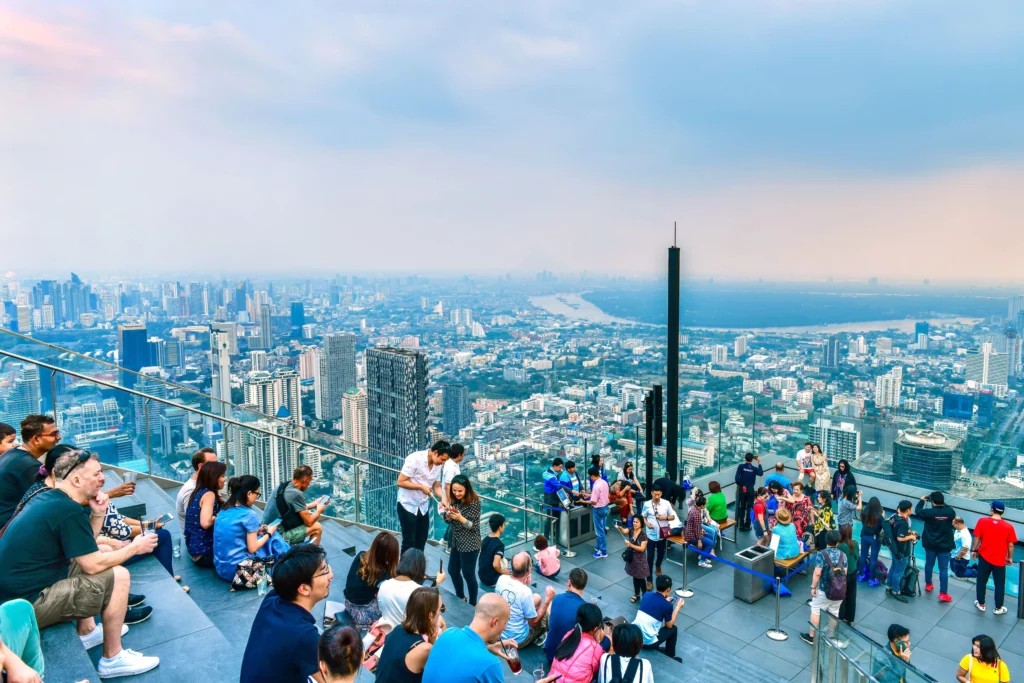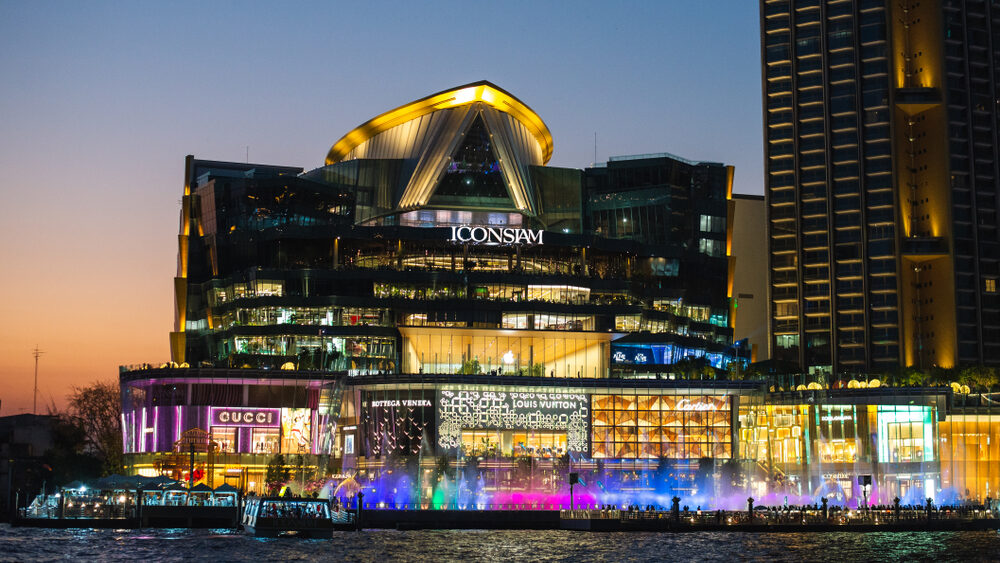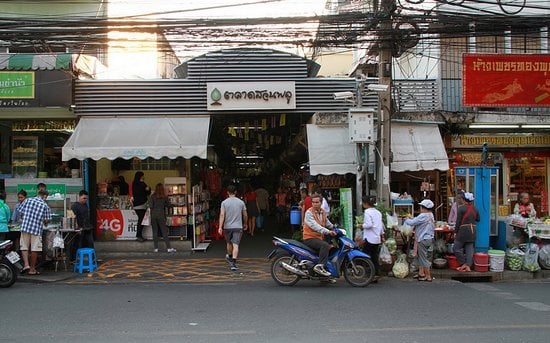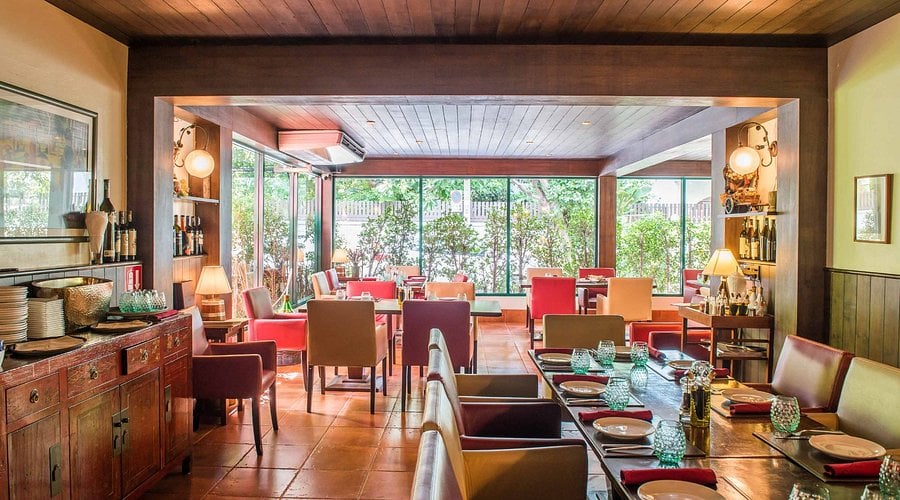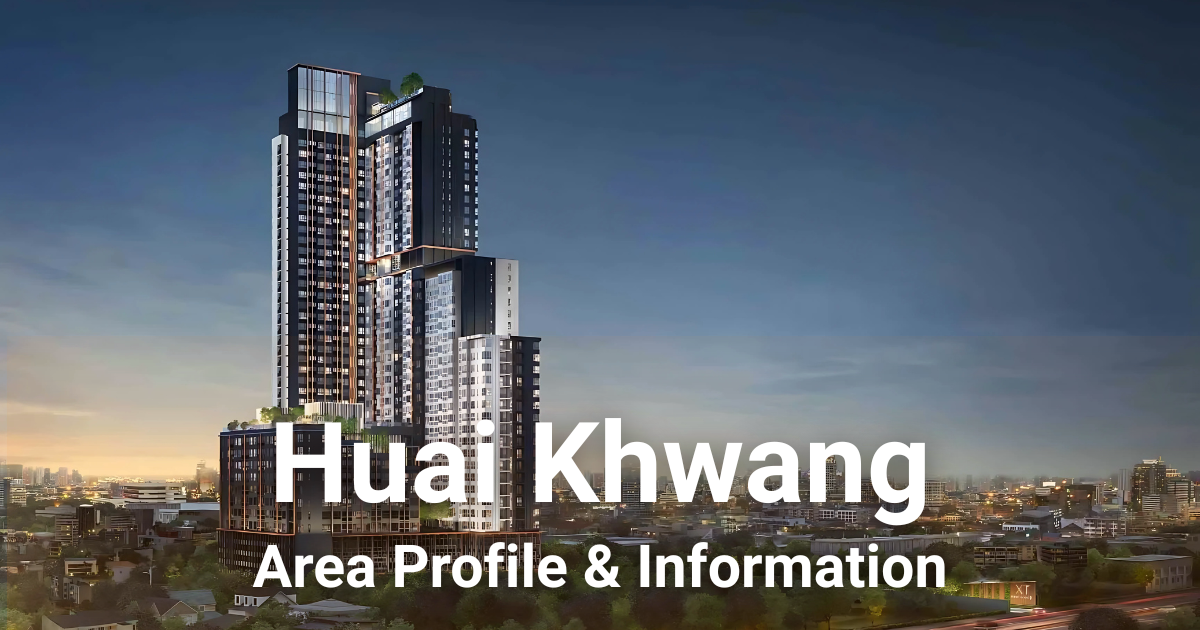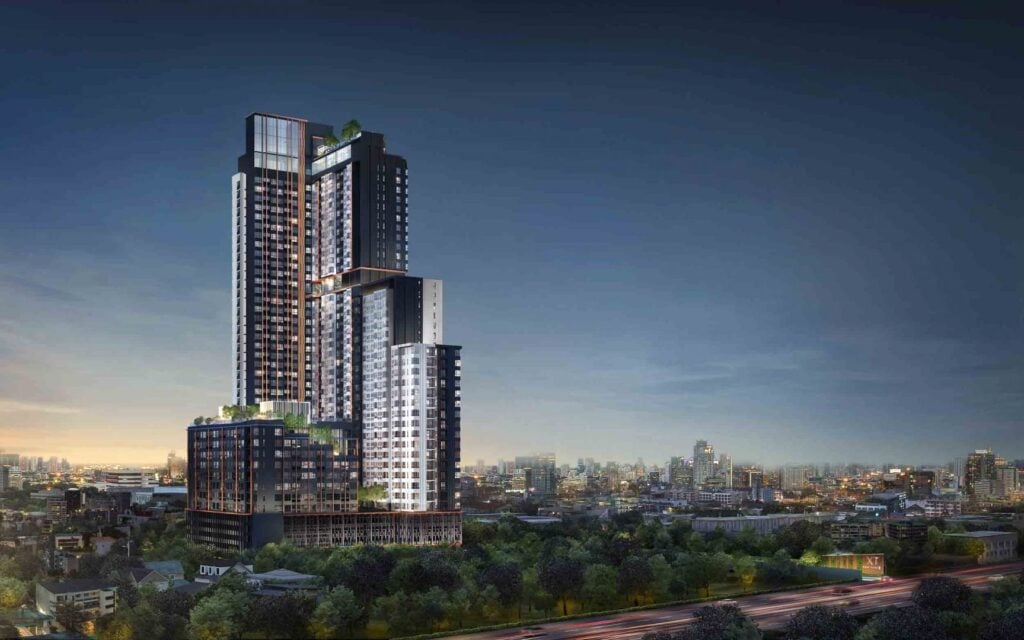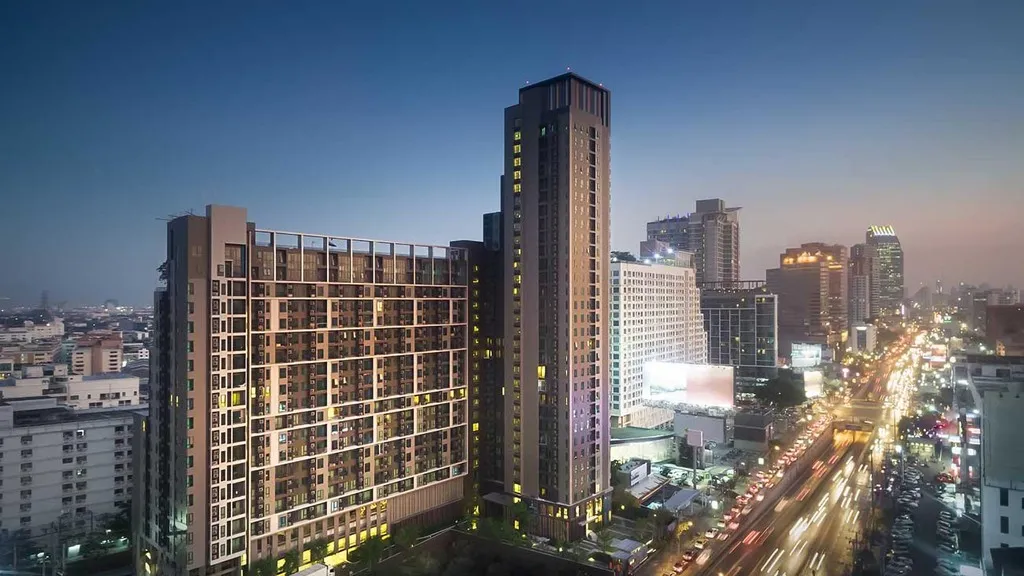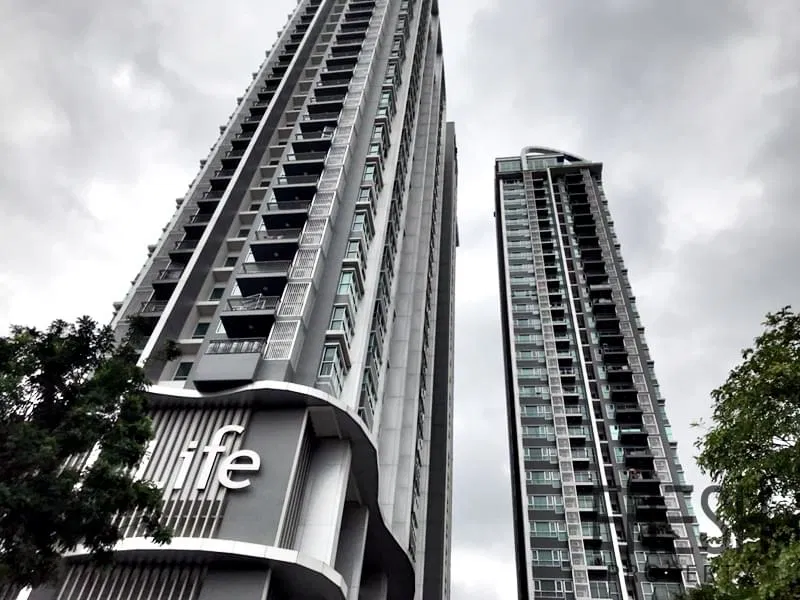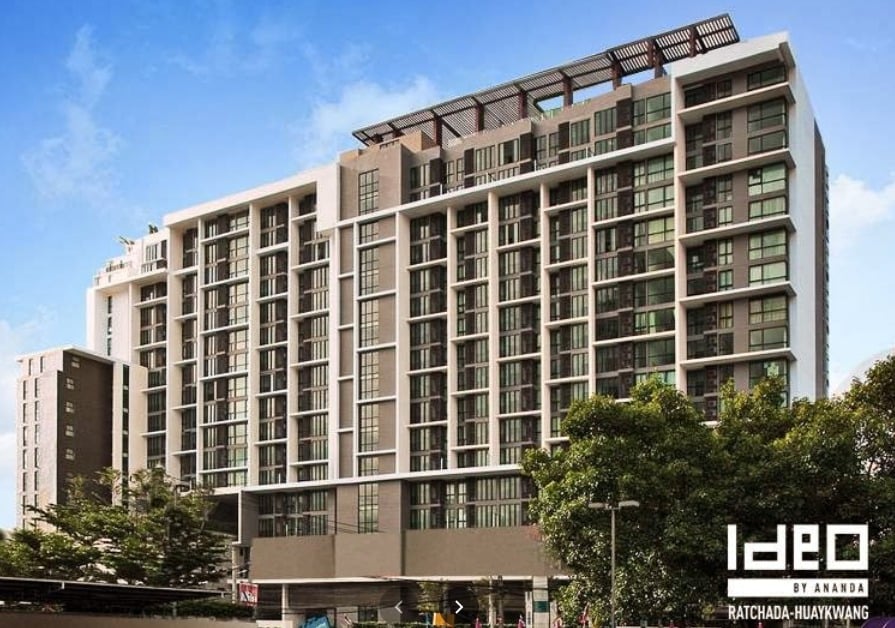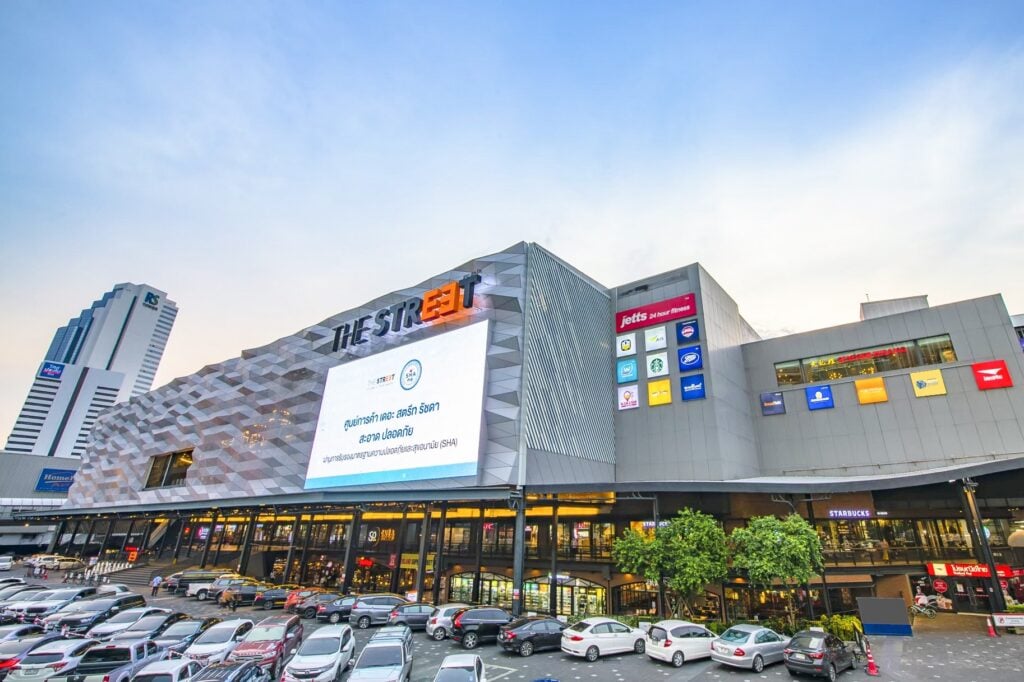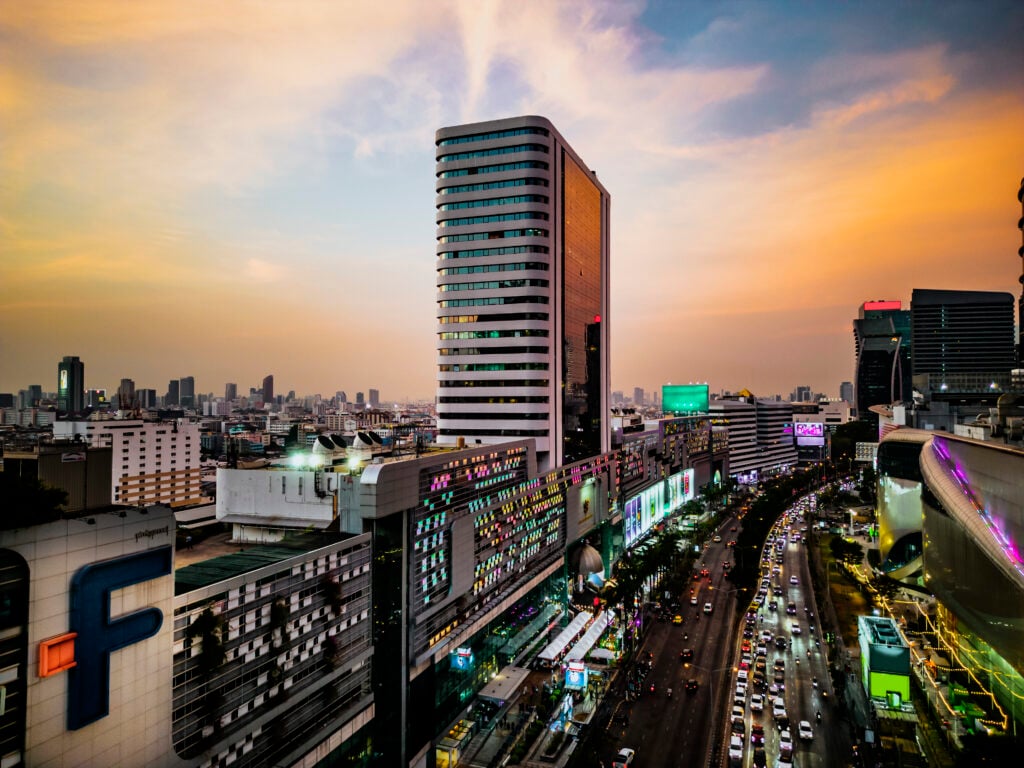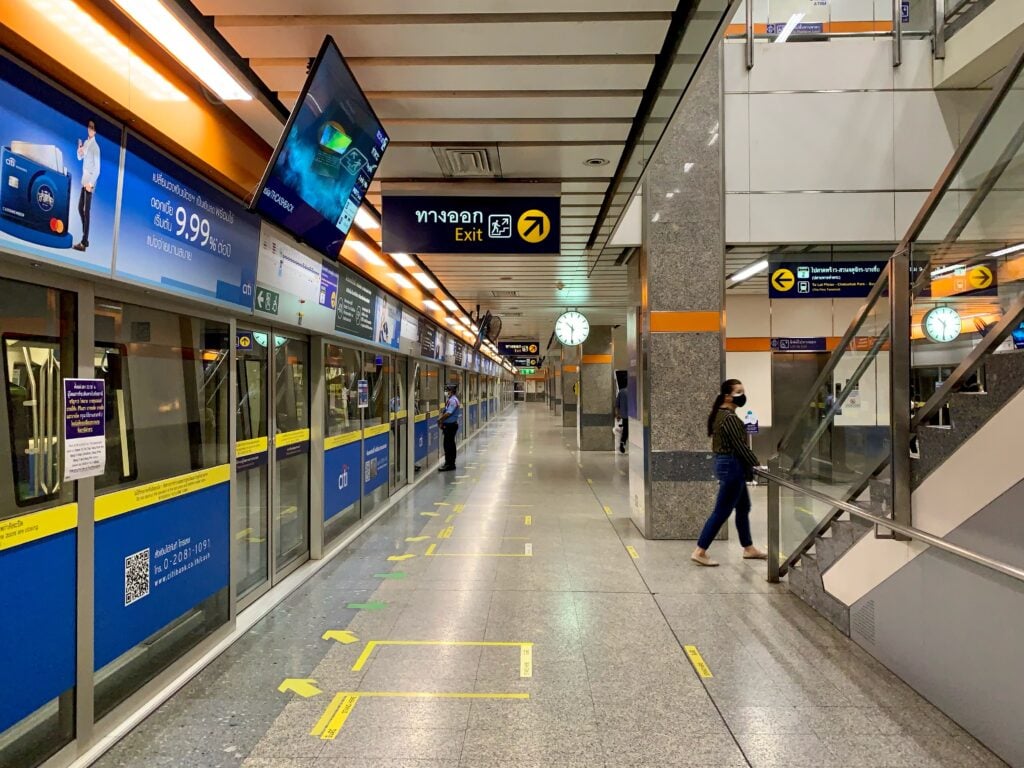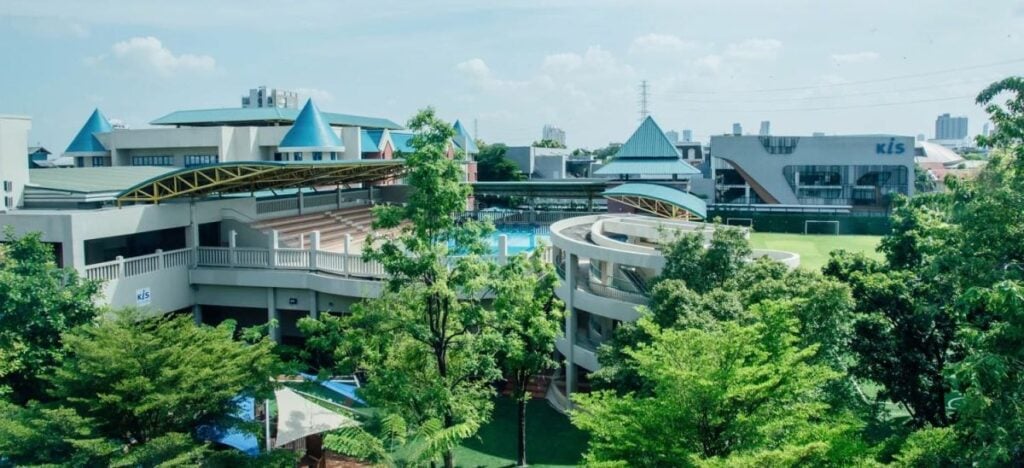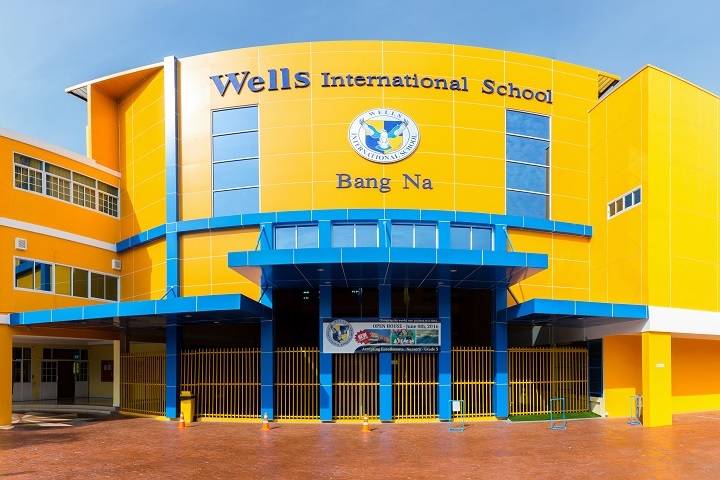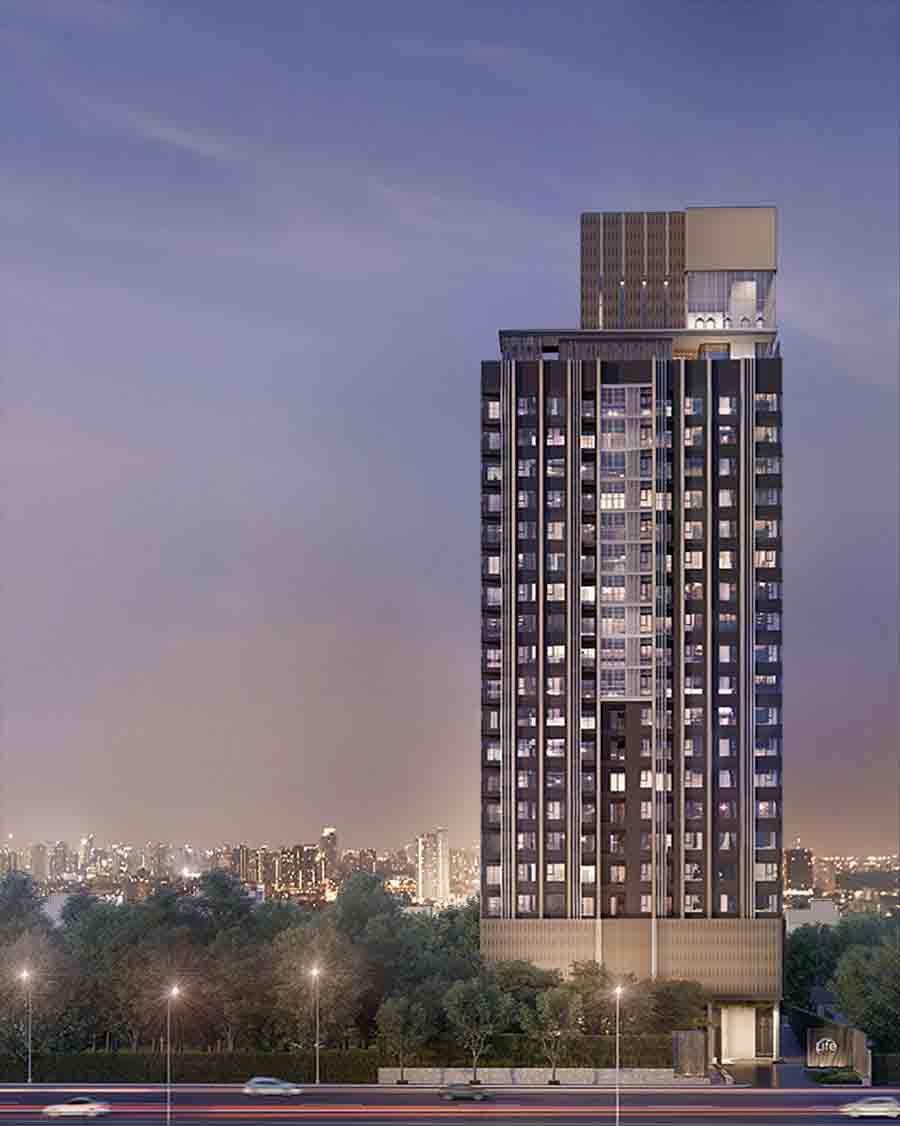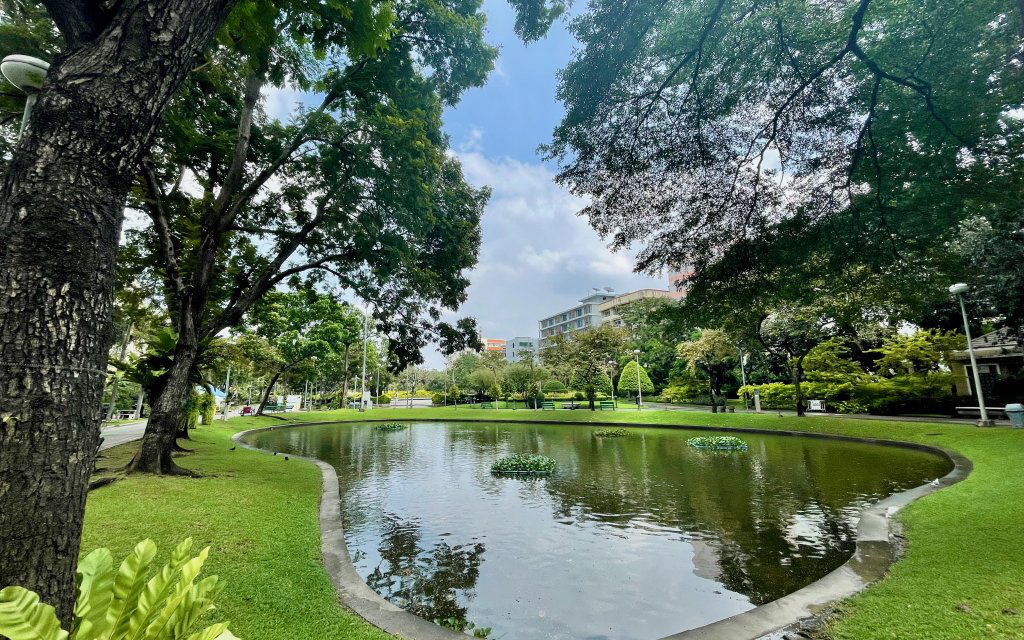In Short
Advice
Choosing an international school in Bangkok is often the first and most critical decision a family makes before moving to Thailand. The education market here is one of the most developed in Southeast Asia, offering world class facilities and diverse curricula. However, the decision is rarely just about academics. In a city where traffic defines your daily schedule, your choice of school usually dictates where you will live and how your family will experience life in the capital.
This guide provides a professional evaluation of the "Tier 1" institutions in Bangkok. These schools are distinguished by their long standing reputations, non profit status (in many cases), or direct affiliations with prestigious heritage schools in the United Kingdom. We will look at the financial costs, the academic frameworks, and the practical realities of commuting and neighborhood lifestyles.
1. Executive Data Overview: The Numbers Behind the Schools
To understand the scale of these institutions, we must look at the data. Tier 1 schools in Bangkok function almost like small universities, with massive student bodies and significant teaching staff.
Table 1: Key Institutional Metrics (2025 Estimates)
| School | Founded | Approx. Enrollment | Faculty to Student Ratio | Primary Affiliation / Accreditation |
| ISB | 1951 | 1,700 | 1:8 | WASC (USA) |
| NIST | 1992 | 1,750 | 1:9 | CIS / NEASC (United Nations support) |
| Patana | 1957 | 2,200 | 1:9 | CIS / BSO (UK Heritage) |
| Shrewsbury | 2003 | 1,800 | 1:10 | HMC (Shrewsbury UK) |
| Harrow | 1998 | 1,600 | 1:9 | Harrow School (London) |
| King’s College | 2020 | 1,200+ | 1:8 | King’s College School (Wimbledon) |
| Wellington | 2018 | 900+ | 1:8 | Wellington College (UK) |
2. Comparing the Educational Systems
The curriculum is the foundation of your child's future university pathway. In Bangkok, the "Big Three" models are the British system, the American system, and the International Baccalaureate (IB).
Table 2: Academic Architectures and University Pathways
| Feature | British System (Harrow, Shrewsbury, King's, Wellington) | American / Hybrid Model (ISB) | IB Continuum (NIST) | British / IB Hybrid (Patana) |
| Philosophy | Early specialization (age 16) in 3 to 4 core subjects. | Holistic flexibility with a mix of broad subjects and electives. | Inquiry based learning with mandatory breadth until age 18. | British structure for early years, moving to IB for graduation. |
| Key Exams | A-Levels (Years 12-13). | US Diploma + AP or IB certificates. | IB Diploma (6 subjects plus core requirements). | IB Diploma (following IGCSEs in Year 11). |
| Best For | Students with specific career goals like Medicine or Law. | Students moving back to the US or those wanting a custom path. | Academically well rounded students who enjoy research. | Students wanting a traditional start with global flexibility. |
3. Deep Dive: Neighborhood Lifestyles and Institutional Profiles
Choosing a school is also a lifestyle choice. Below, we break down the "feel" of each campus and the local residential landscape.
International School Bangkok (ISB)
The Neighborhood Feel: ISB is located inside Nichada Thani, a massive gated community in Nonthaburi. If you choose ISB, you are essentially choosing a "suburban bubble." The air is cleaner, and the streets are filled with students on bicycles or golf carts. It is the opposite of urban city life. If you want to walk to a Bangkok skyscraper or a Skytrain station, ISB is not for you.
Commuting: There is no public transport nearby. Most families live inside the compound or use the school’s extensive bus service which reaches central Bangkok in 45 to 60 minutes.
Top 5 Nearby Residential Projects:
- Bangkok Boulevard Rama 5 (Houses)
- The Urbana Nonthaburi (Condos)
- The Master Ratchaphruek (Houses)
- The Master Ekkamai (Houses)
- Nichada Thani (Houses)
NIST International School
The Neighborhood Feel: NIST is the ultimate "Urban Hub" school. Located on Sukhumvit Soi 15, it sits in the middle of Bangkok’s most frantic commercial district. It feels cosmopolitan, busy, and high energy. Parents can walk to high end malls like Terminal 21 after drop off.
Commuting: It is the only Tier 1 school within walking distance of the BTS (Asoke) and MRT (Sukhumvit). The school offers a bus service, but many parents prefer the convenience of central living.
Top 5 Nearby Residential Projects:
- The Park Lane Ekkamai 22 (Condos)
- The Fine Bangkok Thonglor-Ekamai (Condos)
- Kallista Mansion (Condos)
- DS Tower 1 (Condos)
- Circle Sukhumvit 31 (Condos)
Bangkok Patana School
The Neighborhood Feel: Located in Bang Na, Patana feels like a sprawling university campus. The neighborhood is industrial and residential, with wide roads and large shopping complexes like Mega Bangna. It feels less crowded than Sukhumvit but more "Thai" than Nichada Thani.
Commuting: The nearest public transport is BTS Bang Na, but it is not a direct walk. The school operates a massive fleet of over 100 buses that cover most of central Bangkok.
Top 5 Nearby Residential Projects:
- The City Sukhumvit -Yak Bangna (Houses)
- Ideo Mobi Sukhumvit 66 (Condos)
- Bearing Residence (Condos)
- Central City East Tower (Condos)
- The Coast Bangkok (Condos)
Shrewsbury International School (Riverside)
The Neighborhood Feel: The Riverside campus is scenic and historical. It feels "prestigious" due to its river views. The surrounding area (Charoen Krung) is a mix of old shophouses and ultra luxury hotels. It provides a unique "Old Bangkok" charm paired with modern education.
Commuting: The school offers a private shuttle boat from Saphan Taksin BTS station. This is the most scenic commute in the city.
Top 5 Nearby Residential Projects:
- The River Condominium (Condos)
- Supakarn Condominium (Condos)
- Four Seasons Private Residences Bangkok (Condos)
- The Bangkok Sathorn (Condos)
- Sathorn Park Place (Condos)
Harrow International School Bangkok
The Neighborhood Feel: Harrow is in Don Mueang (North Bangkok). The 35 acre campus is famous for its private lake. It feels like a traditional British boarding school. The neighborhood is suburban and quiet, though close to the airport.
Commuting: The SRT Red Line (Laksi Station) is nearby, but most families use the extensive school bus network or choose to board.
Top 5 Nearby Residential Projects:
- North Park Place (Condos)
- Grand Canal Prachachuen (Houses)
- Grand Bangkok Boulevard Vibhavadi (Houses)
- Casa Ville Donmuang-Songprapa (Houses)
- Nichada Thani (Houses)
King’s College International School Bangkok
The Neighborhood Feel: Located in Rama 3, this is a vertical, modern campus. The area is a rising business district with river access. It feels cleaner and less congested than Asoke but is still very close to the Sathorn financial district.
Commuting: The BRT (Bus Rapid Transit) serves this area, and it is very close to the expressway entrance for families driving from Sathorn.
Top 5 Nearby Residential Projects:
- StarView (Condos)
- Canapaya Residences (Condos)
- The Pano (Condos)
- Salintara Condominium (Condos)
- Sky Villas Sathorn (Condos)
Wellington College International School Bangkok
The Neighborhood Feel: Situated in Krungthep Kreetha, this school is in the middle of Bangkok’s "New Luxury" zone. It is surrounded by golf courses and high end villa developments. It feels elite, quiet, and very green.
Commuting: It is best accessed by private car or the Airport Rail Link (Hua Mak Station). The school bus service is the primary mode for students living in Thong Lo or Ekkamai.
Top 5 Nearby Residential Projects:
- VIVE Rama 9 (Houses)
- Nantawan Rama 9 Srinakarin (Houses)
- Vive Krungthep Kreetha (Houses)
- Perfect Masterpiece Rama 9 (Houses)
- Grand Bangkok Boulevard (Houses)
4. The Financial Reality: "Day 1" Entry Costs
When budgeting for a Tier 1 school, the annual tuition is only part of the story. Parents must pay significant non-refundable and refundable fees before a child is allowed to start.
Table 2: Comparative "Day 1" Entry Fees (2025/2026 Estimates in THB)
| School | Application Fee (Non-Refundable) | Registration Fee (Non-Refundable) | Deposit or Bond (Refundable) | Total "Day 1" Entry Costs |
| NIST | 6,000 | 265,000 | 575,000 (Bond) | 846,000 |
| Shrewsbury | 5,000 | 225,000 | 225,000 | 455,000 |
| Harrow | 5,000 | 225,000 | 200,000 | 430,000 |
| King’s College | 5,000 | 225,000 | 200,000 | 430,000 |
| Wellington | 6,000 | 225,000 | 175,000 | 406,000 |
| Bangkok Patana | 4,000 | 250,000 | 50,000 | 304,000 |
| ISB | 4,700 | 260,000 | N/A (Note A) | 264,700 |
Note A: ISB operates on a membership model. While there is no standard refundable deposit, they charge an annual "Capital Fee" of approximately 22,000 THB.
5. Entry Criteria, Certifications, and Annual Fees
This table outlines when students can first enter these institutions and the official global bodies that certify their academic quality.
Table 3: Entry Ages, Official Certifications, and Annual Fees
| School | Official Starting Age | Starting Level (First Year) | Official Certifications & Accreditations | Yearly Tuition Fees (2025/2026) |
| ISB | 3 Years | Pre-Kindergarten (Pre-K) | WASC, CIS, IB World School | THB 640,000 – 1,162,000 |
| NIST | 3 Years | Early Years (EY1) | CIS, NEASC, IB World School, ISAT | THB 628,200 – 1,094,500 |
| Patana | 2 Years | Nursery | CIS, BSO, IB World School, ISAT | THB 525,000 – 1,005,000 |
| Shrewsbury | 3 Years | Early Years 1 (EY1) | BSO, CIS, HMC (Headmasters' Conf.) | THB 691,800 – 1,208,400 |
| Harrow | 18 Months | Little Lions (Lion Cubs) | BSO, CIS, FOBISIA | 614,600 – 1,037,100 THB |
| King’s College | 2 Years | Pre-Nursery | CIS, COBIS, HMC (Headmasters' Conf.) | THB 616,000 – 1,063,000 |
| Wellington | 2 Years | Pre-Nursery (Age 2) | BSO, CIS, COBIS | THB 615,250 – 1,240,137 |
Official Starting Criteria: Admission is not guaranteed by age alone. Students must undergo an assessment. For younger children (ages 2 to 5), this is often an "observation session" to check for social and developmental readiness. For older students, schools use formal tests like the CAT4 (Cognitive Abilities Test) or WIDA (English proficiency).
6. Visa Regulations: Securing Your Family’s Residency
Relocating to Thailand requires a clear visa strategy. Enrolling your child in an international school provides several legal avenues for the whole family.
The ED Visa (Student)
According to the Private Schools Act, any child enrolled in a certified international school is eligible for a Non-Immigrant ED Visa. The school’s registrar provides the necessary documentation to the Ministry of Education. This visa is renewed annually and requires the student to maintain active enrollment.
The O Visa (Guardian)
This is where families find the most value. Under Thai immigration regulations, if a child is on an ED visa, one parent (or legal guardian) is eligible for a Non-Immigrant O Visa.
- The "One Parent" Rule: Typically, only one parent can obtain a Guardian visa per child. If you have two children, both parents can potentially obtain individual O visas.
- Requirements: You must show evidence of funds in a Thai bank account (typically 500,000 THB) held for at least 30 days before the application.
- If you have a Business Visa: If one parent has a work permit and a Non-Immigrant B visa, the child can be a "Dependent" on that visa. However, if the working parent loses their job, the family’s residency is at risk. By having the child on an ED visa and the other parent on an O visa, you create a more stable residency "anchor."
Hypothetical Scenario: A family moves to Bangkok. The father works remotely for a US company (not on a Thai work permit) while the mother focuses on the children. By enrolling the kids at NIST, the children get ED visas and the mother can secure an O visa. The father may then choose an LTR (Long Term Resident) visa or a Thailand Privilege membership to complete the family’s legal stay.
7. Conclusion and Final Advisory
Ultimately, selecting the right school from Bangkok’s Tier 1 institutions is a deeply personal decision that goes beyond simple academic rankings. Since all seven schools offer world-class facilities and proven pathways to top-tier universities, your choice should be guided by the specific criteria that best align with your family's lifestyle and long-term educational goals.
Key factors to consider include the educational framework, such as the specialized British A-Level path, the holistic American model, or the inquiry-based IB Continuum, as well as the geographic location and its impact on your daily commute. Whether you prioritize a vibrant urban campus, a self-contained suburban community, or a large-scale traditional environment, each institution offers a unique cultural fit. Because these premier schools are in high demand and often maintain competitive waitlists, it is essential to plan ahead; we strongly recommend beginning the application process at least 12 months prior to your intended move date.
School Contact Information
| School Name | Website | Phone | |
| NIST International School | www.nist.ac.th | admissions@nist.ac.th | +66 (0) 2 017 5888 |
| International School Bangkok (ISB) | www.isb.ac.th | admissions@isb.ac.th | +66 (0) 2 963 5800 |
| Bangkok Patana School | www.patana.ac.th | admissions@patana.ac.th | +66 (0) 2 785 2200 |
| Shrewsbury International School (Riverside) | www.shrewsbury.ac.th/riverside | admissions@shrewsbury.ac.th | +66 (0) 2 675 1888 |
| Harrow International School Bangkok | www.harrowschool.ac.th | admissions@harrowschool.ac.th | +66 (0) 2 503 7222 |
| King’s College International School | www.kingsbangkok.ac.th | admissions@kingsbangkok.ac.th | +66 (0) 2 481 9955 |
| Wellington College International School | www.wellingtoncollege.ac.th | admissions@wellingtoncollege.ac.th | +66 (0) 2 087 8888 |
FAQs
Lorem ipsum dolor sit amet, consectetur adipiscing elit. Suspendisse varius enim in eros elementum tristique.
Explore More Topics
Free real estate resources and tips on how to capitalise
